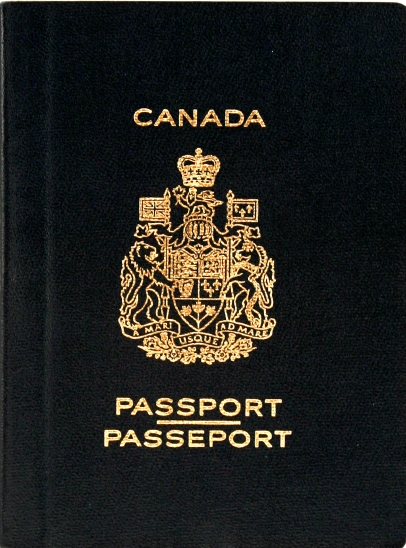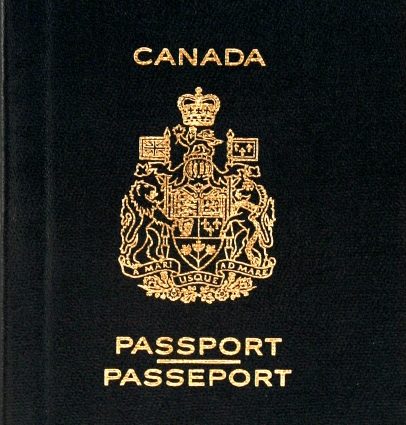
Our Canada today is simply not the Canada that our forefathers envisioned when the country officially came to exist on July 1, 1867.
Our country more than ever before, is currently fraught by partisanship politics to a point whereby foundational issues are rarely, if ever; brought to the forefront and dealt with in an efficient and cordial manner. Upon cursory examination of what I speak, just look at what is happening with the Conservative Government’s fence sitting on the issue of whether or not to purchase the F-35 fighter jets. How long must our elected officials at the Federal level hem and haw over this issue? Has our current Federal Government learned nothing over what occurred some fifty odd years ago with the hemming and hawing over another fighter jet scandal? The current regime is beginning to look more and more like Diefenbaker’s ghost. The similarities are striking to say the least. I am reminded of George Santayana’s, “Those who cannot remember the past are condemned to repeat it”, quote when thinking of this latest debacle.
However, the above statement is just as accurate in studying the issue of Official Bilingualism and what has transpired since it’s creation in Canada. Much like the ideas of Employment Equity and Affirmative Action, Official Bilingualism in Canada has come to encompass the very monster of that to which it sought to slain. And that was of course the idea of providing a level workplace that would undo the damage of hiring unfairness in the workplace. For the last year, the Cornwall-born and based organization, ‘Language Fairness for All’ (LFA) along with a few other non-profit, non-government funded and non-tribal oriented organizations has been doing what it can to educate the Canadian populace on what is currently taking place in hiring practices within Canada. Members and supporters of Language Fairness for All have written Letters to the Editors of local and regional media firms, the likes of which have generated huge responses from the public at large.
There are misconceptions that are currently being tossed around by members of both sides of this hiring equation. I wanted today to correct that notion by pointing out that this is not an English versus French idea but about the foundation of Fair-minded Government Hiring policies. Statistics point out that the majority of the Canadian population is made up of predominantly English speaking people; yet access to good paying careers at all levels of government are restricted to those who are considered ‘bilingual’. This in and of itself too is a rather tongue-in-cheek idea as most of us are aware that most often it is those Canadians who have an advanced knowledge of the French language who get these well paying jobs; despite the fact that there may be more qualified people who have applied to these jobs to begin with.
After writing to many politicians on this matter, I have received responses that do warrant mention here. The majority of the politicians have pointed out that the hiring of candidates to government jobs in Canada are reflective of the laws in Canada; specifically those set out in the Public Service Employment Act. After writing to the Honourable James Moore, Minister of Canadian Heritage and Official Languages about my observations concerning the Official Languages Act (OLA), my concerns were in turn then forwarded to the Honourable Tony Clement, P.C., M.P.
In an e-mail letter addressed to me on December 13, 2012 by the President of the Treasury Board of Canada, the Honourable Tony Clement P.C., M.P., commented on the Public Service Employment Act and how it applies to federal institutions:
The Public Service Employment Act requires that appointments be based on merit. According to this criterion, candidates must meet the essential qualifications required for the work, and official languages are an integral part of these qualifications.
So we are back to square one here in Fair-government Hiring practices. If the majority of the linguistic make up of the Canadian population are unilingual English, then how is it justifiable to hire candidates who are bilingual for much of our Canadian civil service? Mr. Clement indicated above that, “official languages are an integral part of these qualifications” but the realistic situation we find ourselves in today is one whereby it is increasingly becoming the deal breaker or the one defining factor in determining the successful job candidate.
So at what point does it become our responsibility (the people of Canada) to change things for the better? If our politicians attempt to justify the current hiring situation with references to our laws then I must ask when is it time for us to have these laws re-examined to reflect the wishes of us, the majority of Canadians?
How can there be By-Laws in our great country in the year 2012 that force entire townships to restrict business owners from advertising in the language of their choice? And in turn, how can this issue then be turned down by the Highest Court of the land that neglects to even hear the case once it reaches this level?
Moreover, how is it come to pass that in a province of this great land a political party gets elected whose sole existence is to cause the break-up of Confederation? And then, if this is not enough, to then turn around and to further alienate a large percentage of it’s already shackled populace by tightening the reigns once again through the increased restriction of it’s current unfair laws and the creation of new Draconian laws?
It’s long past due for us as a nation to have us, as her citizens, to collectively look in the mirror and decide if this is the Canada in which our forefathers envisioned.
Cory Cameron
Timmins, Ontario
Sunday December 16, 2012
(Comments and opinions of Editorials, Letters to the Editor, and comments from readers are purely their own and don’t necessarily reflect those of the owners of this site, their staff, or sponsors.)


Good morning Timmins followers,
For those of you who I have spoken to over these last few weeks about the ongoing language right’s battles unfolding before our very eyes, I would like to make you aware of some articles here on CFN and abroad.
A simple search of the following here on CFN of Cory Cameron, Eric Little, Language Fairness for All, Howard Galganov, South Stormont and South Glengarry will give you a plethora of material in which to understand what we are dealing with.
Cory Cameron
Board Member Language Fairness for All (LFA)